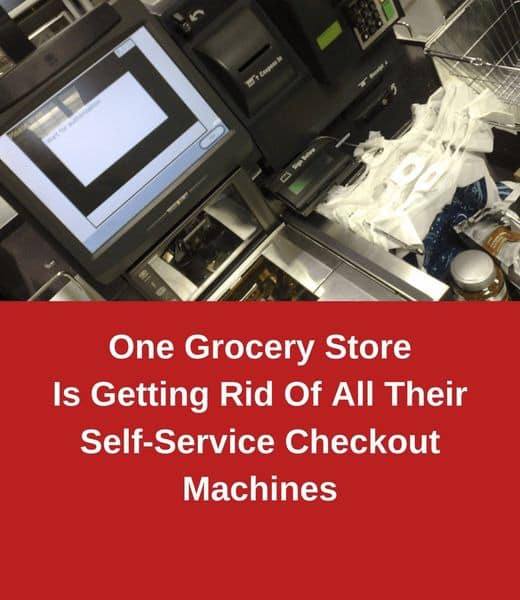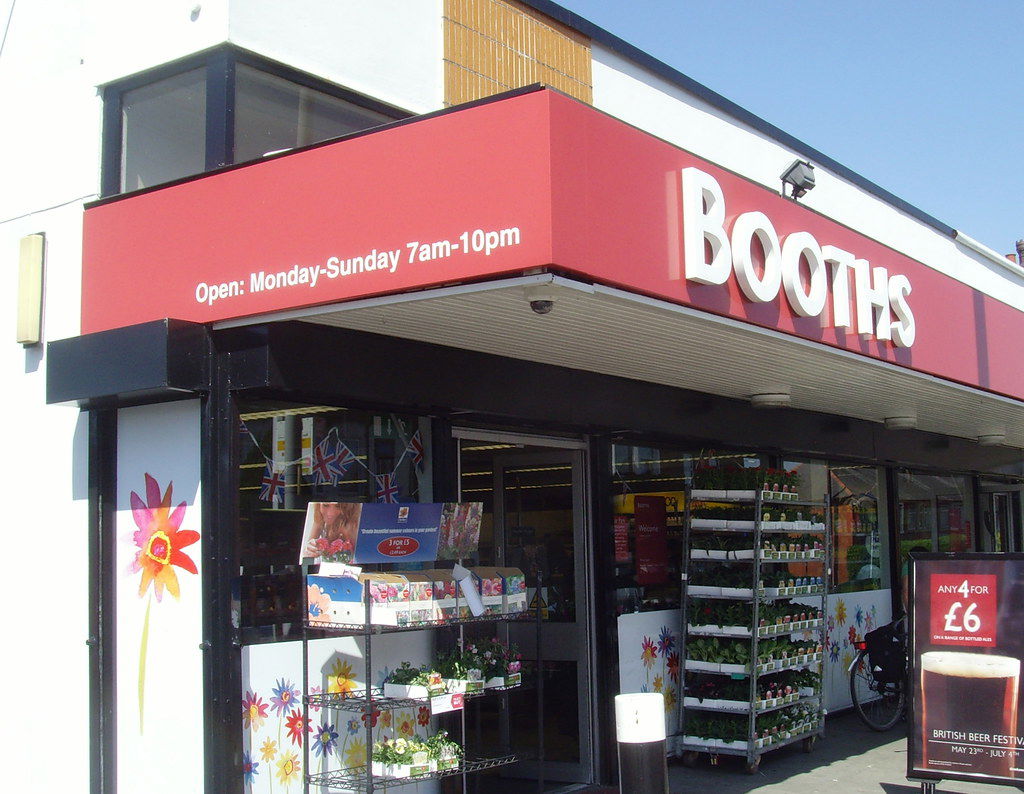
Booths, a UK grocery company recognized for its quality and customer service, is making a bold move by removing most self-service checkouts from its 27 stores in Northern England. Known as the “northern Waitrose,” Booths has chosen to value human interaction and customer care over automation, returning to fully manned checkouts.
Customer feedback and a commitment to offering a more personal shopping experience were driving factors behind the decision to remove self-service tills. Booths’ managing director, Nigel Murray, highlighted that customers had expressed concerns about the slow, unreliable, and impersonal nature of self-scan machines. The move aligns with Booths’ values of providing “high levels of warm, personal care” and challenges the trend of increasing automation in the retail sector.
Booths’ move has sparked a debate over the benefits and drawbacks of self-service checkouts, particularly in light of the continuous problem of stealing. The British Independent Retailers Association (BIRA) noted that the prevalence of retail theft poses a significant challenge for retailers relying on self-service tills, raising questions about the effectiveness of automated systems in deterring theft.

While Booths is returning to fully-staffed checkouts in most stores, exceptions will be made for two stores in the Lake District—Keswick and Windermere—where self-service tills will still be available due to high customer traffic and convenience preferences.
Booths, with a history dating back to 1847, emphasizes the enduring value of personal customer service in a retail landscape dominated by convenience and automation. By choosing “actual intelligence” provided by human cashiers over artificial intelligence, the supermarket chain highlights the importance of face-to-face interactions in building customer loyalty.
Booths’ choice challenges the existing quo of automated shopping while emphasizing the importance of genuine human encounters and customer-centric principles. As the retail business changes, the shift to fully-staffed checkouts demonstrates a commitment to providing a shopping experience that extends beyond transactions, stressing the enduring attraction of outstanding customer service in a technologically advanced period.
















